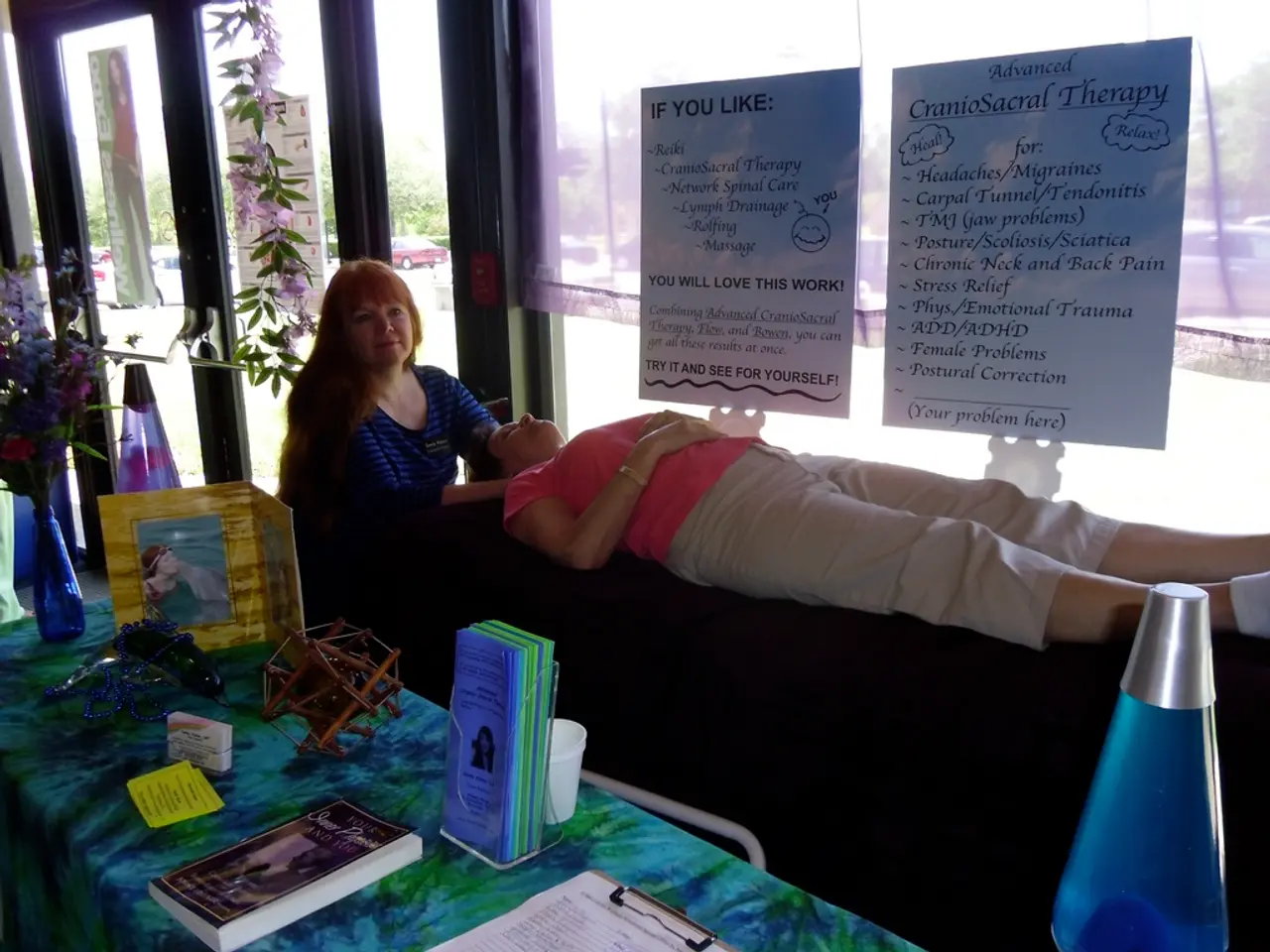Lifelong Recovery: Practicing Healthy Lifestyle Habits
Key Healthy Habits for Long-Term Recovery
Recovering from addiction is a journey that requires a holistic approach, focusing on physical, mental, and emotional well-being. Here are some essential habits that can support long-term recovery:
- Daily Routine and Structure: Establishing a consistent routine, including regular sleep, meals, and exercise schedules, creates stability and predictability, which reduces stress and supports sustained recovery. Routine also builds accountability, emotional support, and cultivates healthy habits that reinforce self-esteem and motivation.
- Physical Health Maintenance: Engaging in regular physical activity, such as walking, yoga, dancing, or light resistance training, supports both physical and mental healing. Incorporating active recovery days (lighter exercise or movement) enhances muscle repair, nervous system rebalancing, and hormone regulation, preventing overtraining and injury.
- Nutrition and Hydration: Eating a balanced diet rich in fruits, vegetables, and adequate protein intake promotes bodily repair and energy balance. Staying hydrated is essential to overall health and supports the recovery process.
- Building a Support Network: Forming connections with others through support groups, classmates, or therapy enhances emotional well-being, provides encouragement, and reduces feelings of isolation during recovery.
- Mindfulness and Stress Management: Practices like mindfulness meditation, focusing on breathing during activities like yoga or walking, and stress reduction techniques help maintain mental clarity and reduce relapse triggers.
- Setting Personal Goals: Goal-setting encourages self-control and motivation, allowing individuals to measure progress and maintain focus on recovery objectives. Structured tools (like SMART Recovery plans) can support consistent goal pursuit.
- Engaging in Hobbies: Participating in enjoyable activities (e.g., dancing, gardening, sports) promotes mental health, provides distraction from cravings, and enhances life satisfaction.
- Maintaining Mental Health: Prioritizing rest with healthy sleep habits and addressing mental health through therapy or coping strategies supports resilience and emotional regulation.
- Developing Healthy Coping Mechanisms: Building skills to handle triggers and stress through routine development, self-care, and mindfulness techniques helps sustain long-term sobriety and reduces relapse risk.
In addition to these habits, joining local clubs, sports teams, or creative classes can build camaraderie with like-minded individuals. It's also crucial to address unresolved trauma or anxiety, as these can increase relapse risk. Larger objectives should be broken into small, attainable steps to track progress and reduce overwhelm. By incorporating these healthy habits into daily life, individuals can create a comprehensive framework that supports physical repair, emotional well-being, and resilience needed for effective long-term recovery.
- AI-based mindfulness applications can be used to aid in stress management and sleep practices, further enhancing long-term recovery.
- Engaging in fitness-and-exercise therapies-and-treatments such as dance or cycling not only improves physical health but also boosts mental health and reduces relapse triggers.
- A balanced diet, including nutrition from sources like fruits, vegetables, and lean proteins, contributes to both physical development and mental health during recovery.
- Seeking professional help, such as therapies-and-treatments for addressing unresolved trauma or anxiety, can significantly decrease relapse risk and facilitate long-term recovery.
- Imbibing in mental-health practices like art therapy and journaling can help individuals process their emotions and find healthy coping mechanisms for long-term recovery.




